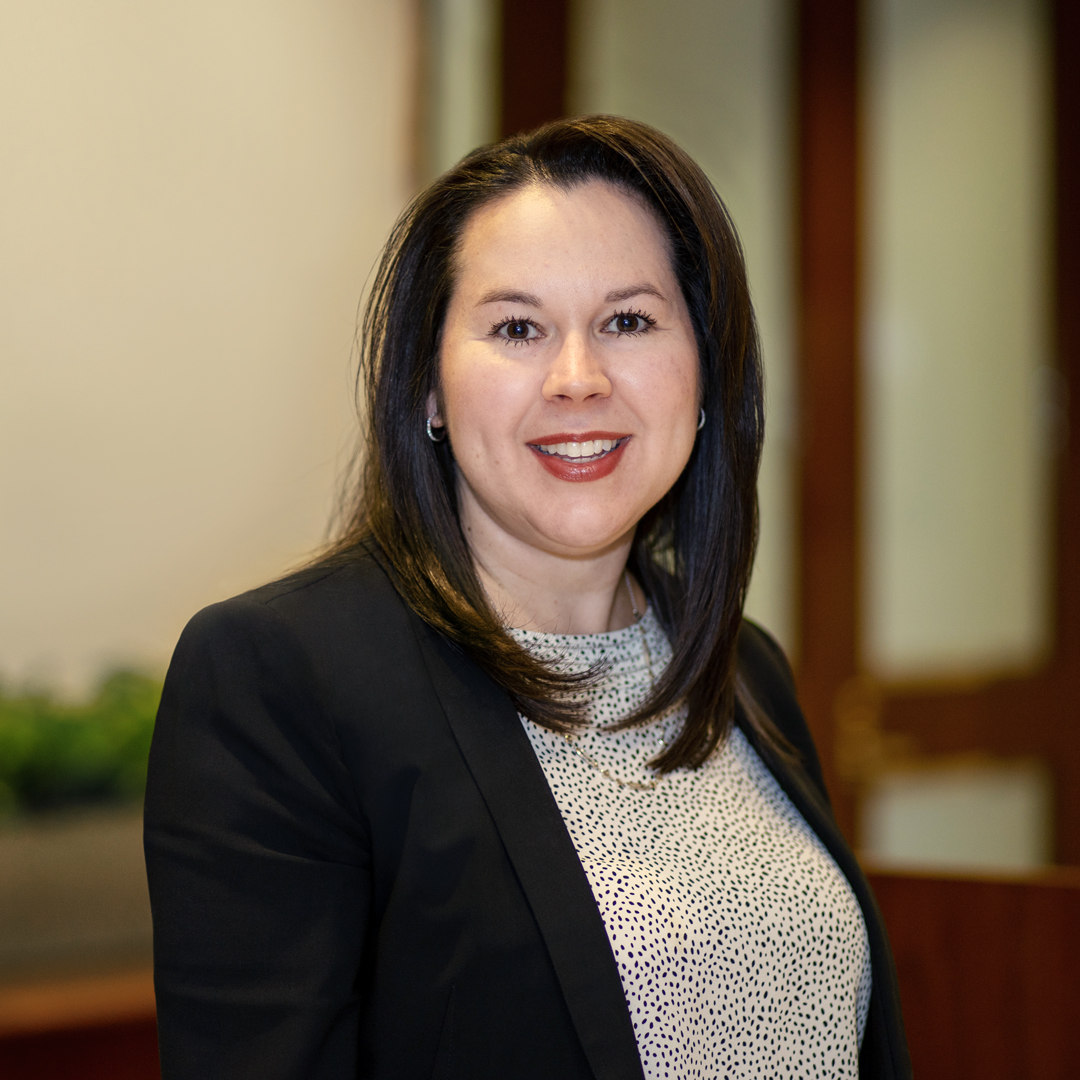You’ve surely been at a dinner table where you or someone else launched the Foursquare Swarm app to tap the check-in button. Today, those check-ins are powering location for thousands of developers, and Foursquare wants to ensure our shared data is making our lives easier—without costing us our privacy.

When Foursquare launched in 2009, “our goal was about introducing the world to real-time location sharing. It was about checking in at the more than 105 million venues around the world that we had, and then sharing locations with friends in your network. We obviously accomplished that,” says Marc Ellenbogen, general counsel and chief compliance officer. “But our goal wasn’t just to build the world’s best check-in button.”
The next goal was to build an industry-leading location technology platform, which Foursquare is doing through a suite of developer tools, business solutions, and consumer products, and a recent round of fund-raising, resulting in $150 million and the acquisition of Placed. Ellenbogen, who also has an MBA in entrepreneurship and innovation, played a major role in steering and guiding the deal.
Foursquare now powers business solutions and consumer apps and services built on its understanding of location for brands like AccuWeather, Apple, Microsoft, Tinder, TripAdvisor, Twitter, and more. Those billions of check-ins since 2009 provided firsthand confirmation about a phone’s location. “That now is the foundation for our understanding of how phones see the world,” Ellenbogen says.
It’s also a mountain of valuable location data that can be used for a variety of purposes, and it’s a central tenet of Foursquare’s and Ellenbogen’s that Foursquare’s data be used to power experiences that provide real value for consumers. “We will never sell your path of visits of locations through the world,” Ellenbogen says. “But there are companies out there that are doing that.”
That’s one reason why Foursquare and Ellenbogen are calling for federal legislation to regulate the location technology industry, which is currently regulated only at the state level in the US, if at all.
“It’s harder and harder to compete on a truly ethical and what I’ll call privacy-friendly way with those who are competing otherwise.”
“There are good uses of location technology and there are bad. When used for things like safety of children, reducing traffic congestion, city planning, healthcare—those are all ways we could use location technology, and we don’t want to prevent that,” Ellenbogen says.
As a bad use of data that a federal policy could prevent, he cites the example of telecom companies selling location data to bounty hunters. “Left to police ourselves, what we’re seeing is it’s harder and harder to compete on a truly ethical and what I’ll call privacy-friendly way with those who are competing otherwise.”
There’s also a practical reason: without standard regulations across the US, states are coming up with their own regulations, leaving companies scrambling to stay compliant nationwide, let alone globally. One of the most prominent examples is the California Consumer Protection Act, which takes effect in January 2020 and will allow consumers to disallow the sale of their data to third parties, among other regulations.
“What you’re going to be left with is a patchwork of different regulations that don’t quite work together,” Ellenbogen says. “Unifying that and having one law across the country is really what we’ve been advocating for.”
With more and more reports of massive data breaches, and scandals like the one involving Facebook and Cambridge Analytica, Ellenbogen sees an increasing interest among the public and policymakers to address privacy regulation, but he doesn’t expect to see significant progress on federal legislation before the 2020 election.
“Everyone has to have a look at themselves and decide where their ethical lines are drawn as a company.”
Even so, Foursquare is doing what they can to advance privacy-friendly practices. There was an op-ed in the New York Times by CEO Jeff Glueck. The firm contractually requires that its business customers and partners be transparent with their users and have privacy policies that accurately reflect how their data is used. They also periodically audit their partners to make sure they continue to maintain those standards, and have turned away revenue opportunities where they felt the use of data was too granular or sensitive or didn’t have a clear service or use case that warranted access to location data.
“Our perspective is, we ought to have a good idea of what is happening with our data once it goes to a third party,” Ellenbogen says. “Everyone has to have a look at themselves and decide where their ethical lines are drawn as a company.”
Foursquare has a cross-functional ethics committee that monitors the issues and makes recommendations to the CEO. “We consider it a privilege that we have the data that we have and want to protect that,” he says. “I think it’s hard in the start-up world to continue to have that backbone, but I would encourage other companies to really look at that and make ethics a part of the process, not an afterthought because something gets published in the newspaper.”
The stakes are high, but Ellenbogen, who was named to Chambers & Partners’ inaugural list of the most influential general counsels in the US, likes working on the edge, in an area of law that is still developing.
“As a lawyer, that’s the most interesting work,” he says. “That practicing law could actually be fun is something that has been surprising to me. It took me a long time to get there.”
Wilmer Cutler Pickering Hale and Dorr LLP:
“I have worked with Marc Ellenbogen since he took on the role of general counsel and chief compliance officer at Foursquare several years ago. He is extremely smart, tactical, works effectively with his legal team, outside counsel, and the business. He does a great job managing outside counsel so that he gets exactly what he needs, and nothing more, on time. He has to terrific judgment and no ego, he is approachable and practical, and a pleasure to work with. All of that has helped him earn a leadership role at Foursquare and a relationship of trust with his internal clients to help the business thrive in a complex regulatory environment, with numerous competitors.”
—D. Reed Freeman, Jr., Co-Chair, Privacy and Cybersecurity Practice Group, Co-Chair Big Data Practice Group

